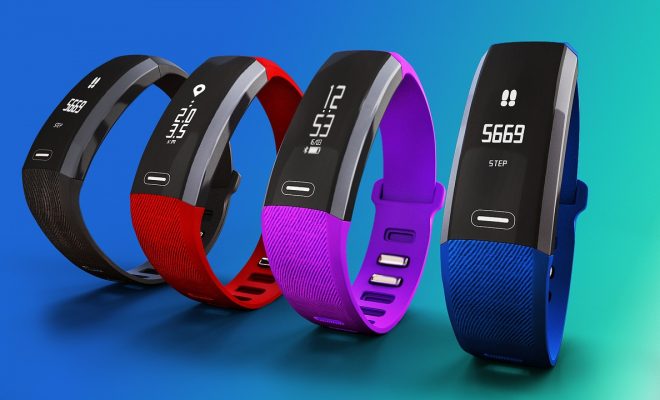Technology and Multisensory Learning: A New Twist to an Old Application
Technology in K-12 classrooms is evolving at a rapid pace. Of K-12 teachers, 86 percent think that education technology is an essential in the classroom, and 96 percent say that the technology improves student engagement levels. Despite teacher support, only 14 percent use digital curricula and 31 percent use other technology resources. The disconnection between what teachers really want and actually have is a matter of access, money and time resource
In addition, any technology that is considered “cutting edge” often comes with some red tape. Getting new equipment approved takes more than just funding – it often takes convincing on the part of the teachers that it really is necessary, and that it will make a difference in their teaching outcomes.
I recently became acquainted with the company Peerless-AV and a wireless projector system that it believes is the key to overcoming technology obstacles in K-12 classrooms. Its Short Throw Projector AV System (projector not included) applies a modern take on the classroom technology of projection that has been around for a few decades. The projector system comes with a built-in wireless receiver and streams sound and HD content (up to 1080 pixels) from up to 131 feet. Teachers can connect up to five audiovisual input devices (all wirelessly) including their computers, tablets, DVD players, MP3 players and even VHS tapes. Instead of having to switch between media devices, and deal with all of the cords that accompany it, teachers have a streamlined way to project their content from many device sources. Teachers are also able to stream their own audio in real-time through a microphone, even with their backs to the class and audio playing from the source – making it possible for students to hear teachers over any audio being played.
Peerless-AV gave away one of its high-tech projector systems through a contest that saw 27 entries from teachers across the country. The winner was a special education teacher from Ludlow, Kentucky named Kristen Goodpaster. She reports that both retention and engagement of her students has risen after implementing the Wireless Short Throw Projector AV System and its audio-visual features. Goodpaster’s district saw just 72 percent of its high school graduates from 2011 pursue a college degree, something that she feels could be remedied with the right technology implementation in K-12 classrooms.
“For teachers looking to incorporate more technology into the classroom, my advice would be not to fear the change. For each lesson or chapter in the textbook, I would recommend thinking of the most effective way of displaying this information for students that learn best through physical activity or visual stimulation, whether it may be a video, an interactive game, an infographic or an image, and to work at least one of these elements into the classroom each day,” Goodpaster said.
To me, the Peerless-AV Wireless Short Throw Projector AV System is a smart way to blend all of the available audio-visual technology at a teacher’s disposal. Not only does it streamline many parts into one process, but it improves the engagement levels of students exposed to it. Research has found that the brain processes visual information 60,000 times faster than text alone, and that visual learning aids in classrooms improve learning comprehension by as much as 400 percent. It’s also widely accepted that students learn best through multisensory approaches to subjects. Simply reading about something on a page has a smaller impact than seeing the same information presented with visuals and sound. When possible, employing multisensory learning is an effective way to teach that taps into the best of how each student comprehends materials.
I like the idea of products that implement collective learning through technology. There is a big push to get an iPad or other tablet device into the hands of every individual student, and while I support this for some reasons, I also think too much segmentation of the learning process eliminates the inherent benefits of the classroom. If every student spends his or her classroom hours on a customized, individual learning track then why be in a classroom setting at all? Students could feasibly get all of the learning they need on their own, if the technology were right, but something becomes lost in that accomplishment: the ability to learn from others around you and receive other educational perspectives to enhance your own.
A product like this Peerless-AV Wireless Short Throw Projector AV System takes the best of available technology and multisensory learning and combines those things with a communal learning process. It allows for teachers to speed up or slow down lessons if needed but keep the attention of the class in the process. It is easy to use and cuts out the clunkiness of multiple audio-visual systems and their wires.
As more classroom technology is developed, I would encourage companies to look for ways to make the jobs of teachers easier. Instead of introducing something brand new, figure out how to simplify the technology that teachers already use – and streamline multisensory learning.
What technology makes teaching easier for you?





